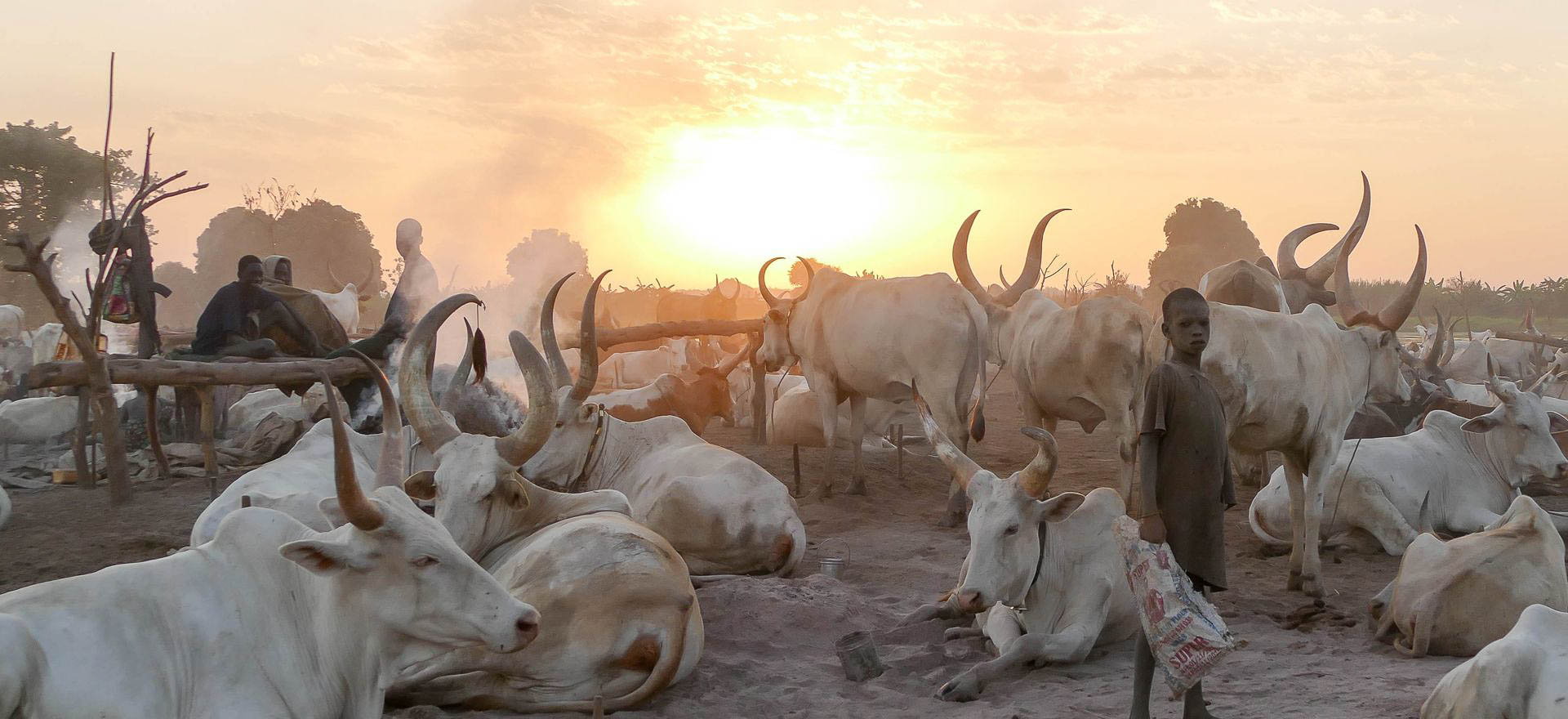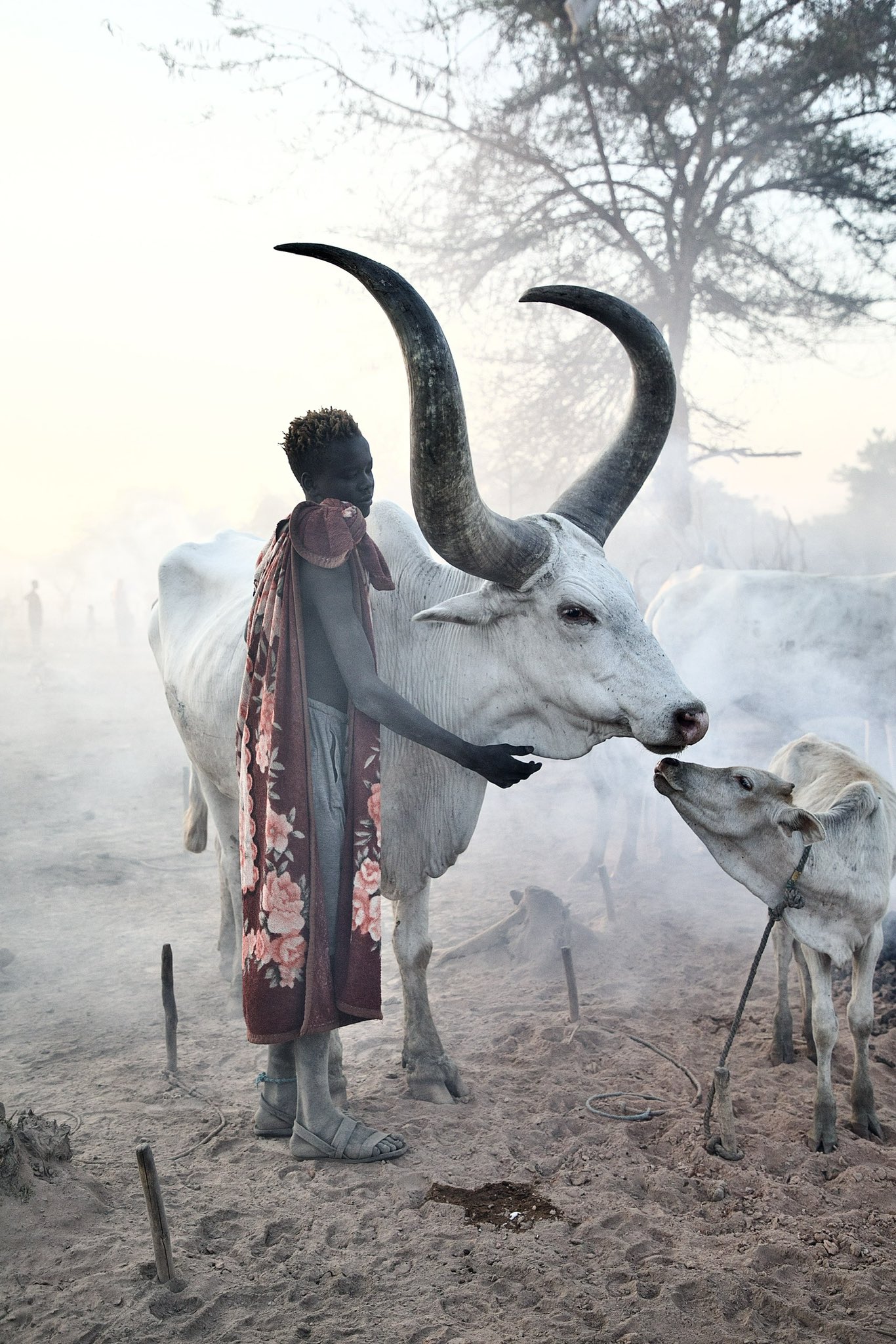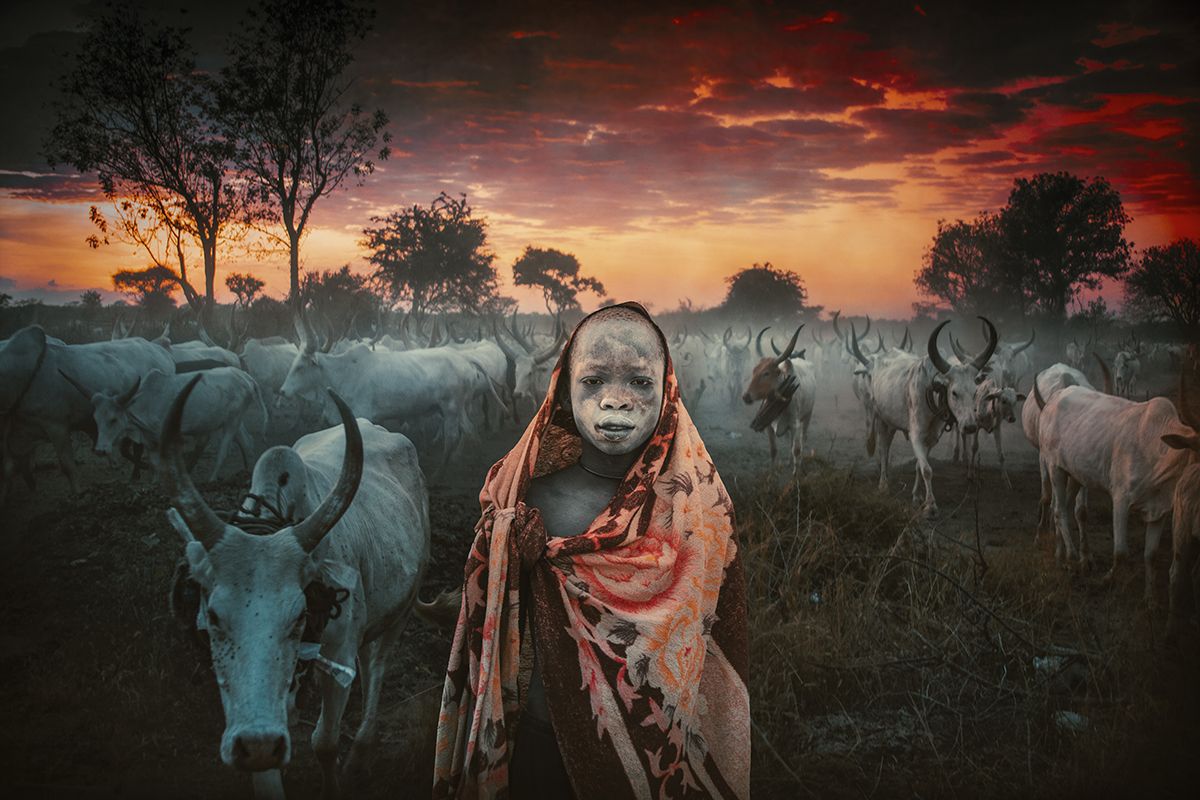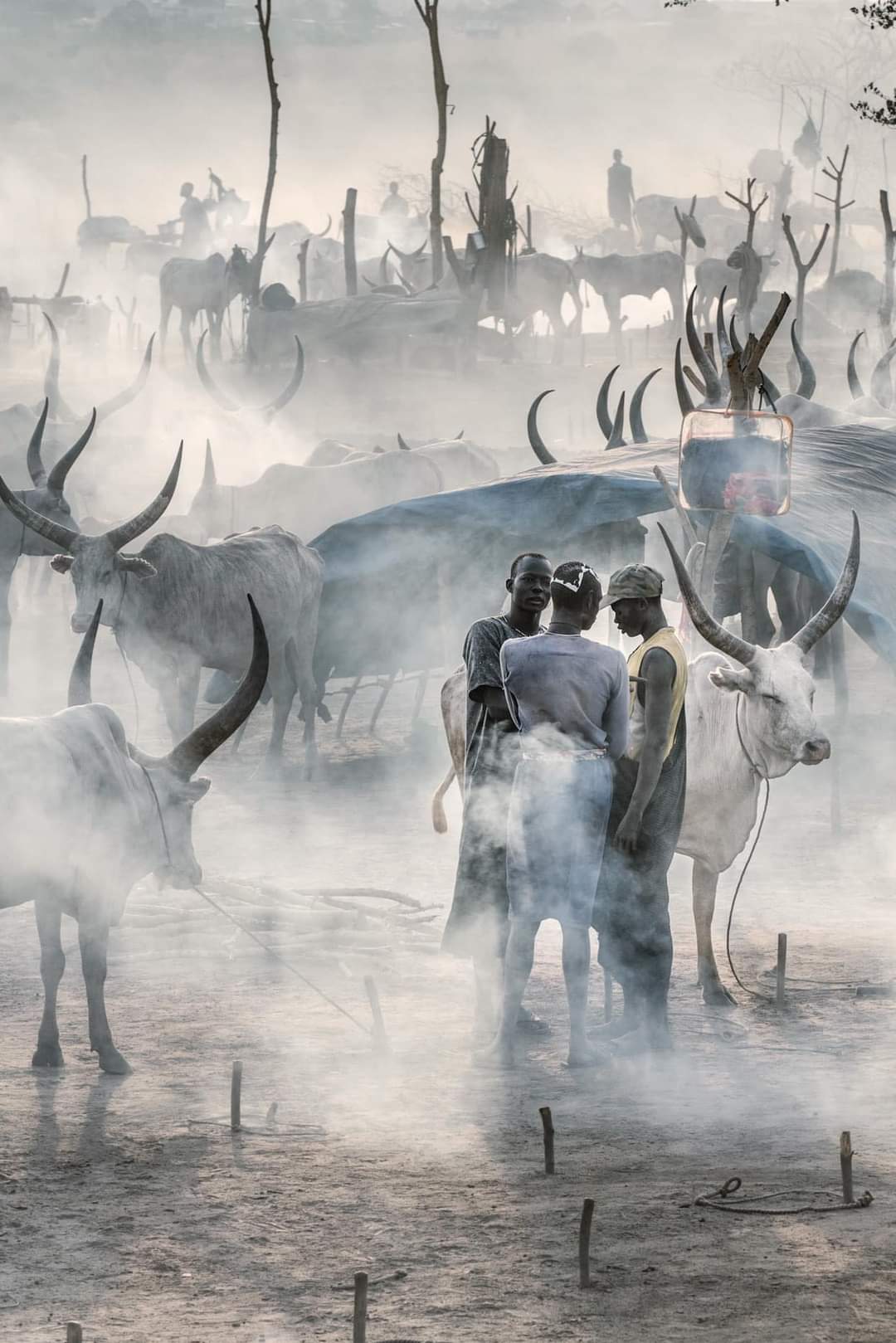White Rhinos
The white rhino,broad-lipped rhinoceros is the largest and most numerous of the world’s five rhinoceros species. It's most social and approachable than all rhino species.
- Scientific name: Ceratotherium
- Habitat: Woodland Savannah
- Adult weight: 1,800–2,700kg
- Life expectancy: 50 years+/-
- IUCN status: Near Threatened
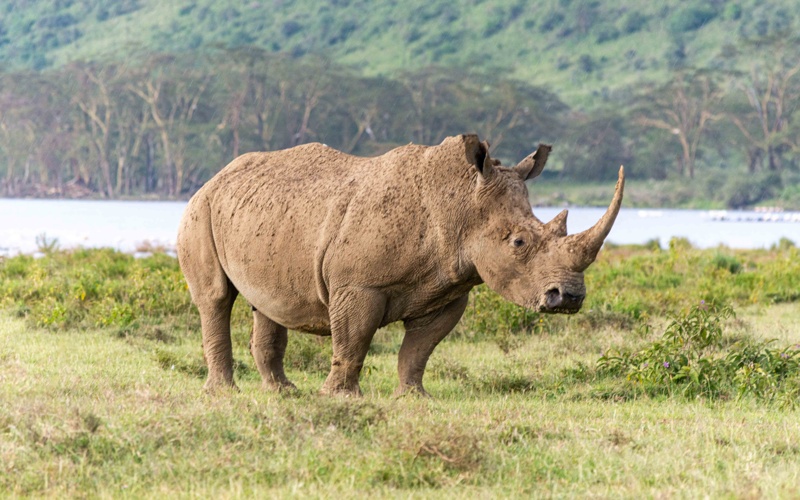
Quick Facts
The white rhino is the world’s second-largest land animal after the elephants and, on average, nearly twice the weight of the black rhinos. During the hot sun, white rhinos usually take cover by lying in the shade. white Rhinos also wallow in mud, they always find a suitable water hole where they roll in its mud, and this helps coat their skin with a pure natural bug repellent and acts as a sunblock. Females always produce every after 3 years and the calf is born hornless. Rhinos are excellent at hearing and have an outstanding sense of smell. They always find one another by following the trails of scents each enormous animal leaves behind it on the landscape. solitary life in adult bulls is hereditary, they have to mark their presence and territories using very large dung middens.
Where to see white rhinos in Africa
White Rhinos can easily be seen in lake Nakuru national park, OlPajeta conservancy, Ziwa rhino sanctuary in Uganda, and some sightings in Akagera national park-Rwanda
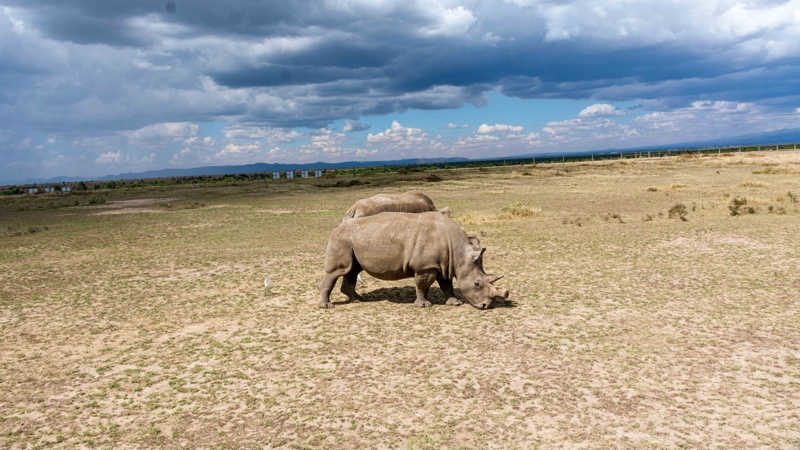
Top tips for viewing white rhinos
These are animals that prefer a calm environment to noise while tracking their silence is the key goal. Following the midden, footprints sometimes help to spot these rhinos, they prefer shade when it's hot and drink water more often so water holes can also be a good spot. During the rainy seasons, white rhinos shift to areas with more soft and greener pastures, so this helps to spot them as well.
Holiday ideas to see white rhinos
We tailor the best holiday packages that will enable spot these white rhinos

